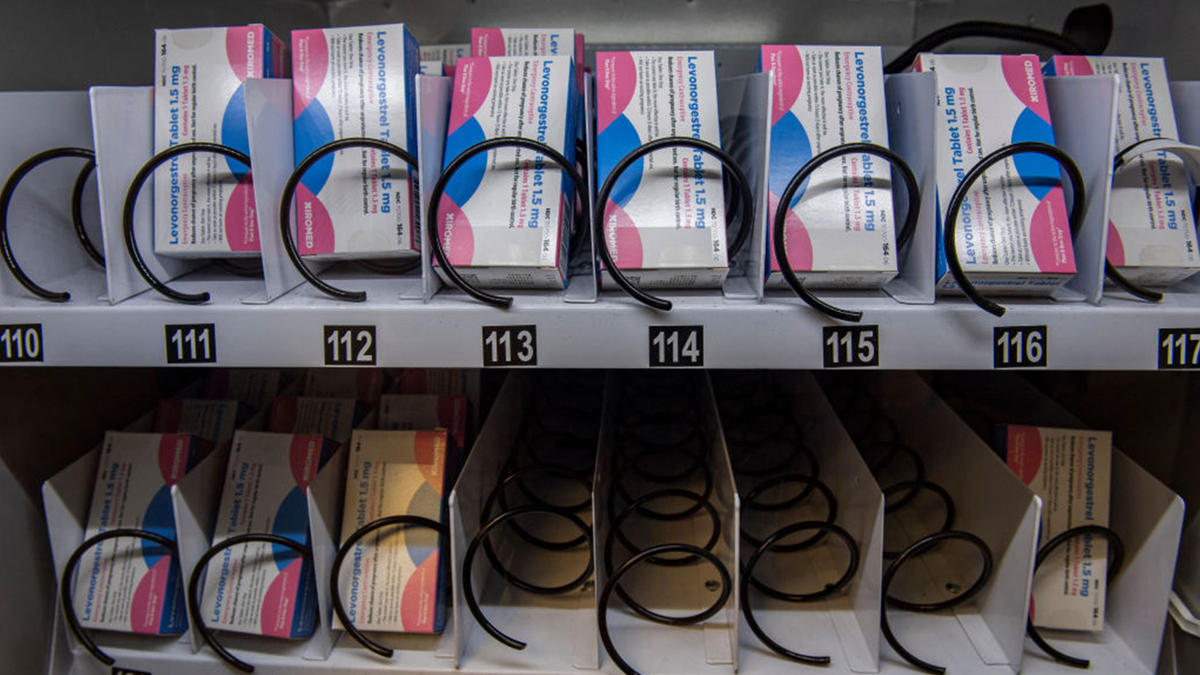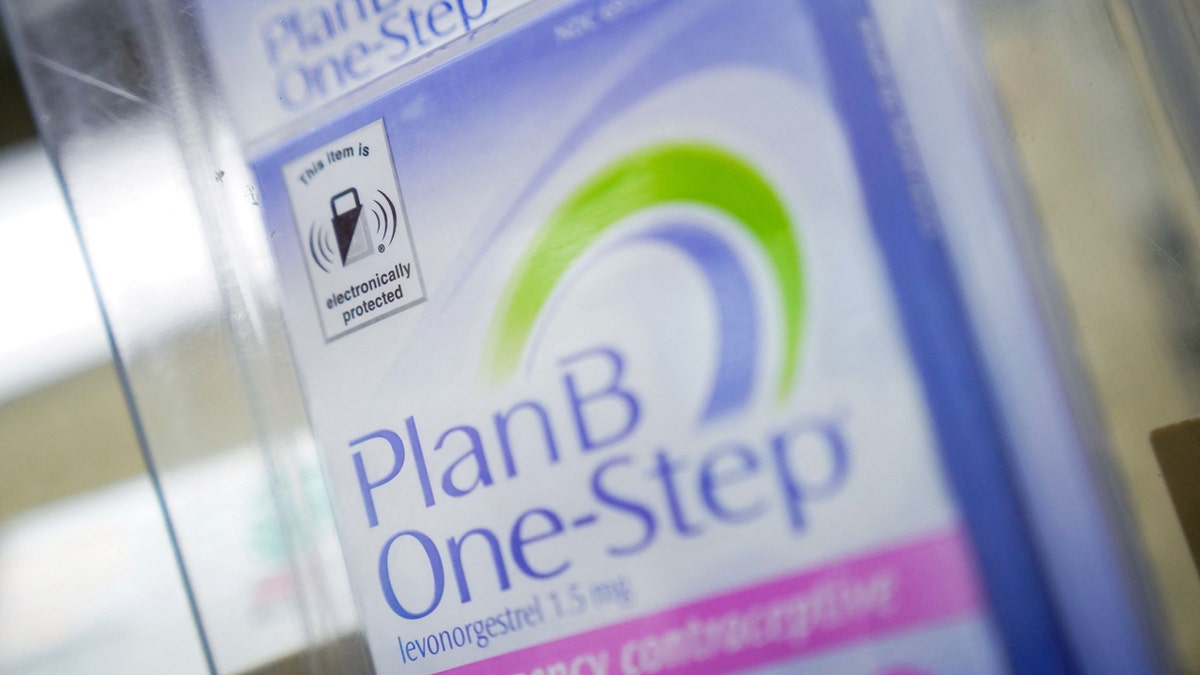The University of Connecticut has taken a significant step in enhancing access to contraception by installing vending machines dispensing Plan B, the emergency contraceptive, on its campus. This initiative makes UConn the first university in Connecticut to offer this convenient and cost-effective method for students to obtain Plan B.
Complementing this effort, UConn's School of Pharmacy has launched a program to train pharmacists across the state in prescribing birth control. This program, approved by the Connecticut Department of Consumer Protection, is voluntary for licensed pharmacies and aligns with a 2023 state law designed to broaden contraceptive access, which came into effect in December 2024.

This law empowers licensed pharmacists to prescribe contraception after completing a short training course and permits the sale of over-the-counter contraceptives like Plan B in vending machines. Governor Ned Lamont praised this initiative as part of a broader effort to improve access to essential medications in Connecticut, highlighting the expanding role of pharmacists in healthcare.
State officials emphasize the benefits of increased contraceptive access, particularly for individuals with limited financial resources, as it reduces barriers such as cost, time off work, and travel distance often associated with obtaining prescriptions from primary care providers. Lieutenant Governor Susan Bysiewicz echoed this sentiment, stressing the importance of convenient and dependable access to contraceptives for everyone.

Currently, Connecticut lacks a system for reimbursing pharmacists for prescribing contraception. Unlike physicians, pharmacists are not typically covered by insurance and lack a billing mechanism for prescriptions. This has created a financial hurdle for pharmacies offering this service, although there is enthusiasm from both large chains and independent pharmacies.

To address this reimbursement challenge, three bills are currently under consideration in the state legislature. These bills aim to establish a framework for compensating pharmacists for their role in providing contraceptive services. The successful implementation of such a framework will be crucial for the long-term sustainability and widespread adoption of pharmacist-prescribed contraception in Connecticut.
Comments(0)
Top Comments